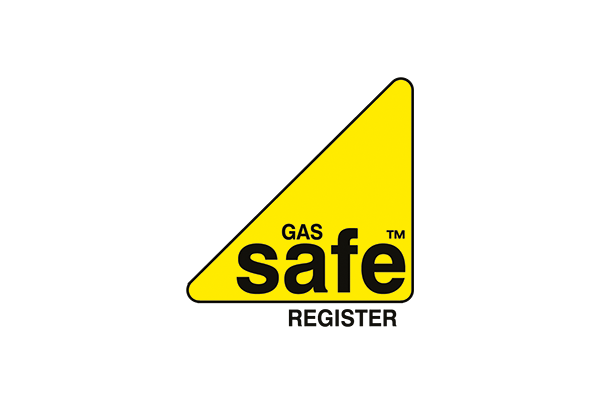Boiler Upgrade Scheme
Who is Eligible?
- Own the property you’re applying for
- Have installed (or plan to install) your new heating system on or after 1 April 2022
- Be replacing fossil fuel heating systems (such as oil, gas or electric)
Get Up To £ 7,500 Off On Boiler Replacement
What is the Boiler Upgrade Scheme?
The UK government has introduced the Boiler Upgrade Scheme in a significant stride towards a greener and more sustainable future. This forward-thinking program aims to reduce carbon emissions and enhance energy efficiency by supporting the transition from traditional boilers to more eco-friendly alternatives such as heat pumps.
The Boiler Upgrade Scheme provides grants to encourage property owners to replace existing fossil fuel heating with more efficient, low carbon heating systems including air source heat pumps, ground source heat pumps and, in limited circumstances, biomass boilers.
You can get:
- Up to £7,500 off the cost and installation of an air source heat pump
- Up to £7,500 off the cost and installation of a ground source heat pump
- Up to £5,000 off the cost and installation of a biomass boiler
Air Source Heat Pumps vs Ground Source Heat Pumps vs Biomass Boilers
Air Source Heat Pumps | Ground Source | Biomass Boiler | |
|---|---|---|---|
Source of Heat | Extracts heat from the air | Uses heat from beneath the earth's surface | Burning of biomass fuel, such as wood pellets, chips, or logs. |
Cost | £7,000 - £11,000 | Over £25,000 | Up to £20,000 |
Installation process | Requires setting up a system akin to an air conditioner on the outside of your property. | Requires digging up your land followed by redoing the landscape after installation is complete. | Requires a plant room with adequate space to store fuel/ silo. |
Time | Can be installed in just one day | Takes several weeks to install. | Up to 2 days |
Boiler Upgrade Scheme FAQs
The Boiler Upgrade Scheme is a government initiative in the UK designed to encourage homeowners to replace their old, inefficient heating systems with low-carbon alternatives, such as heat pumps. The scheme provides financial support to help offset the costs of installation.
.
Homeowners in England and Wales are eligible for the scheme. To qualify, the property must be a residential dwelling, and the installation must be carried out by an approved installer. Specific eligibility criteria may apply, so it is advisable to check the official guidelines.
The Boiler Upgrade Scheme primarily supports the installation of air source heat pumps, ground source heat pumps, and biomass boilers. These systems are considered low-carbon alternatives to traditional gas or oil boilers.
The amount of financial support available varies depending on the type of heating system installed. As of the latest guidelines, homeowners can receive grants of up to £5,000 for air source heat pumps and up to £6,000 for ground source heat pumps and biomass boilers.
To apply for the scheme, you will need to contact an approved installer who can guide you through the process. They will help you complete the necessary application forms and ensure that your installation meets the scheme’s requirements.
While the scheme is ongoing, it is advisable to apply as soon as possible, as funding is limited and may be subject to change. Check the official government website for the most current information regarding deadlines and availability.
Depending on the type of heating system you choose, some modifications may be necessary. For example, heat pumps may require additional space for installation and may involve changes to your existing heating distribution system.
The Boiler Upgrade Scheme typically only provides support for new installations. If you have already installed a low-carbon heating system, you may not be eligible for funding under the scheme.
If you move house after receiving funding through the Boiler Upgrade Scheme, the new homeowner will benefit from the low-carbon heating system. However, it is important to check the specific terms and conditions of the grant, as they may vary.
For more detailed information, including eligibility criteria and application procedures, visit the official UK government website or consult with an approved installer who can provide guidance tailored to your situation.



